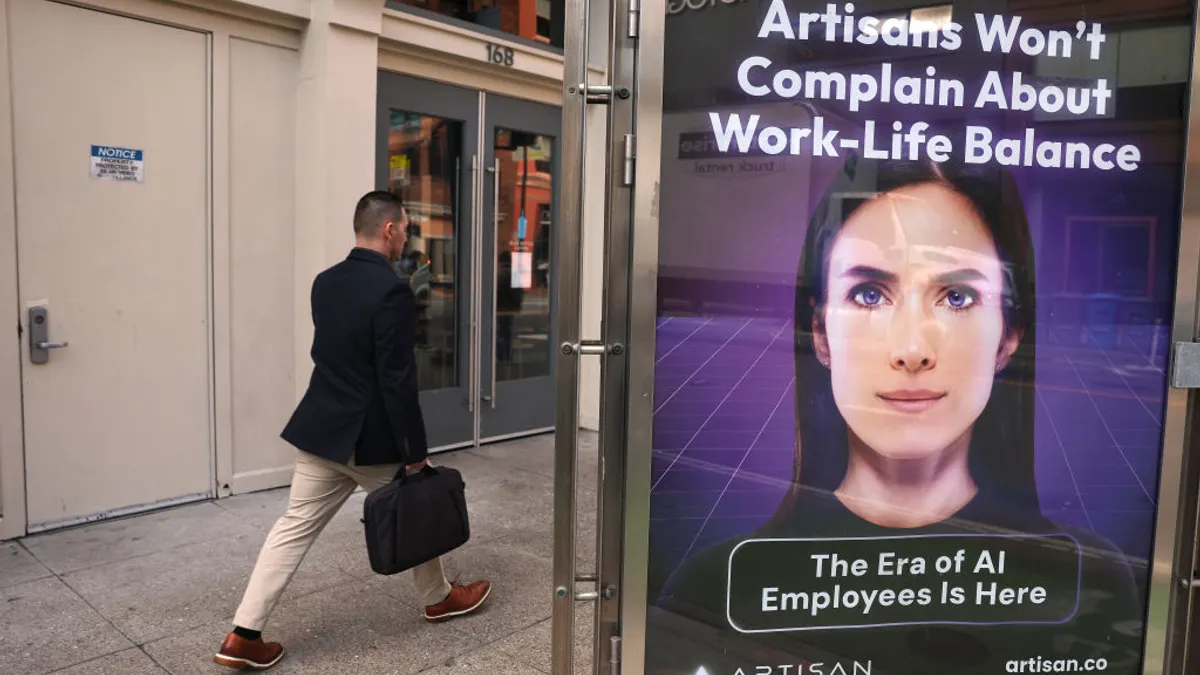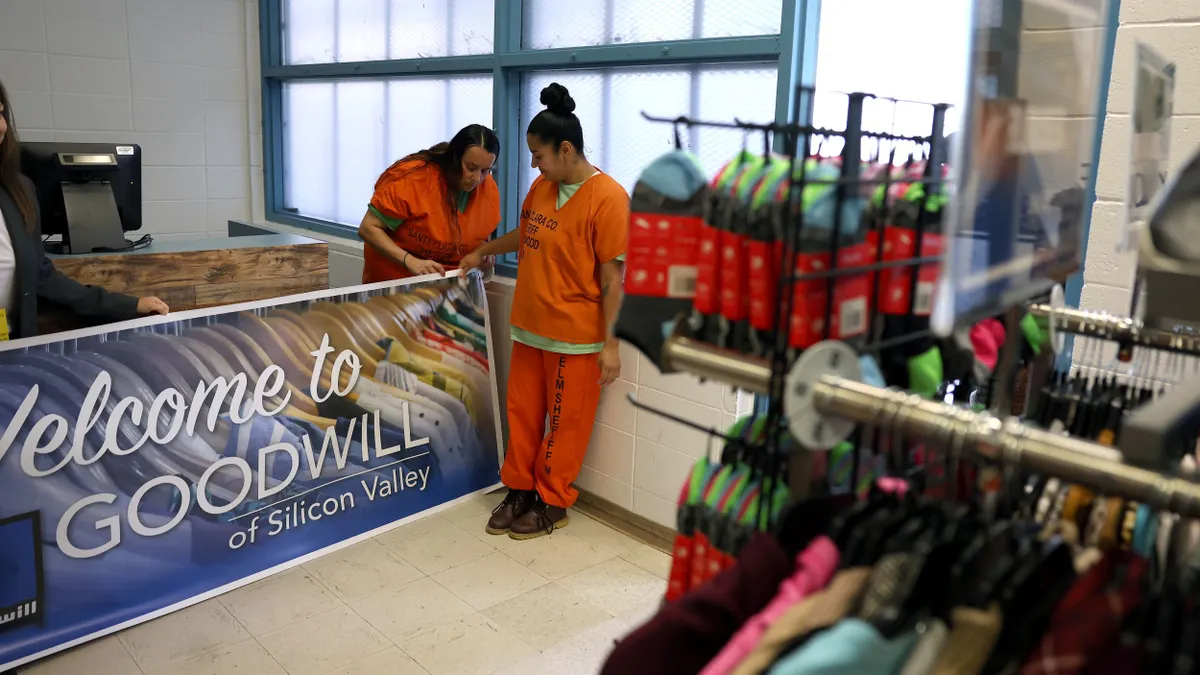CFOs are still exercising caution when it comes to their economic outlooks, with finance leaders pointing to ongoing inflation, waning customer spending and rising interest rates as factors that speak to continuing economic uncertainty.
What is clear in the current environment is that executives’ priorities are shifting, with scalability taking a backseat in favor of sustainability — with CFOs along with the rest of the C-suite looking to keep costs down and ensure greater operational efficiency, said Vikram Bhandari, CEO and founder of technology and consulting firm Yantra.
However, while that goal may be universal, CFOs have different approaches when it comes to achieving it: “old school” and “new generation” finance leaders attack the problem from two separate angles, Bhandari said. Bhandari has served as Yantra’s CEO for 14 years, according to his LinkedIn profile.
New generation CFOs tend to be more automation or tech-driven, Bhandari said. By contrast, old school CFOs tend to be more people-driven — they will look for individuals who can perform necessary tasks for less expense, outsourcing roles to cheaper markets, for example, rather than looking to funnel funds towards new technology.
The “new generation CFO looks at the technology expense as future efficiency,” he said. “The old school CFO looks at it like, ‘Oh, that’s an expense. I need to chop it off.’”
Identify the blind spots
Inflation still remains a top concern for CFOs, with 77% of finance leaders in a recent survey indicating this was their number one challenge in 2023.
In order to best respond to the current environment, CFOs need to be focusing on three key areas, Bhandari said— prioritizing technology spending, finding top talent, and ensuring they are upgrading the key processes that can improve customer loyalty or otherwise improve commercial efficiency at the business.
As a CEO, Bhandari’s role is to steer the company in the right direction. The CFOs’ role, he said, is to “identify my blind spots.”
CFOs are the backbone of the organization, he said — “If the CEO is the pilot, the CFO is the air traffic control guy who's telling you, ‘run at this altitude,’ or ‘there's a plane coming in next to you, you'll get into a crash,’” Bhandari said.
To identify these blind spots and to ensure the company is properly responding to them, an “old school” CFO will draw on their past experiences — these CFOs will look at the problem saying they have “’fixed it four times in my life, I know what to do, I know what works,’” Bhandari said. Meanwhile, new generation CFOs — lacking such experience — will turn to data to inform them and to move forward with the best decision, he said.
Ultimately, Bhandari said, there is “something in the middle which is going to work” and as CEO, finding a CFO which has melded these two approaches together would be the ideal.
“As these new generation CFOs become more experienced and more data driven, I think that will be a killer CFO,” Bhandari said. “And that is what I would want my CFO to be.”
CFOs, CIOs and tech spend
Whether old school or new generation, CFOs looking to navigate the current environment “need to transform their thinking and approach,” Bhandari said. Keeping with the “status quo is not going to help anybody.”
This is especially true when it comes to technology — while some CFOs have cut back on technology spend in the face of a rocky economic outlook, others are willing to take risks on emerging technologies like artificial intelligence to potentially improve efficiency in the long-term.
There has been a spike in technology spending, with CFOs increasingly looking to data analytics and other technologies to help them make decisions surrounding their workforce, or what effect certain moves may have on profitability, Bhandari said.
As implementing emerging technologies becomes a greater priority for businesses, CEOs with “old school” CFOs may be looking to other executives, such as the chief information officer, to take point on such initiatives, Bhandari said.
“We are seeing that change where the CIO is taking the driver's seat,” Bhandari said. “The CEO is listening to the CIO and saying, ‘Okay, if you think technology is going to help me, I am ready to bet on it.’”
Combining forces here could help to drive key benefits when it comes to optimizing tech spend: A strong relationship between CFOs and their CIOs is crucial when it comes time to decide where and towards what technologies they should invest, Russ Porter, CFO of the Institute of Management Accountants told CFO Dive in a recent interview.






















